
Australia designer textiles are decorating spaces around the world
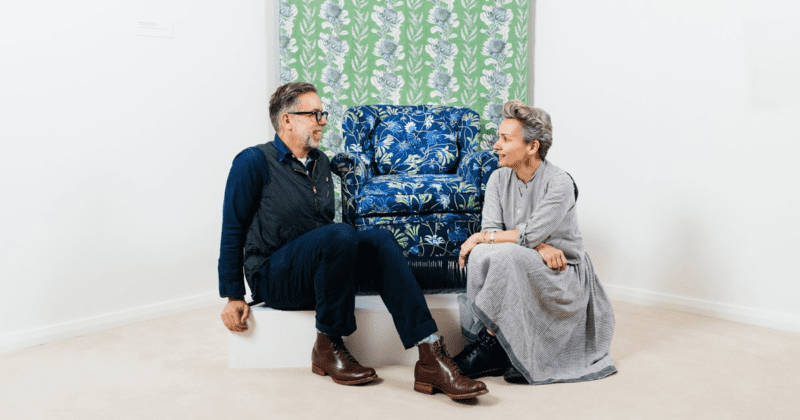
Australia’s interior architecture and design firms have been internationally lauded for their sensitivities in blending culture and contemporary design, with natural elements and sustainability.
The industry is a significant trade player down under — with architectural firm Populous named Australian Exporter of the Year at the 2019 Australian Export Awards, presented by the Australian Trade and Investment Commission (Austrade) and the Australian Chamber of Commerce and Industry.
One player, Utopia Goods, a Sydney company that creates unique textile designs inspired by Australia’s native flora and fauna, was established by local entrepreneur and designer duo Bruce Slorach and Sophie Tatlow.
“When we started Utopia Goods in 2012, we wanted to create something that inspired people and acted as an homage to the landscape,” said Sophie Tatlow, director of the Sydney-based textile design company.
In the years since, the brand has won the admiration of interior designers and architects across the globe. Its lush designs have decorated the pages and blogs of international media and tastemakers, including Vogue and Martha Stewart Living.
“Entrepreneurs make a significant contribution to the local economy, bringing local jobs and creating an environment of market positivity,” said Gary Edstein, CEO and Senior Vice President, DHL Express Oceania.
“Their can-do attitude and initiative in taking on new markets, as well as our commitment to help them succeed with our international networks, will bring their success to the next level.”
DHL Express Australia spoke to Tatlow on her journey with Utopia Goods, and what it takes to engage customers through thoughtful personal touches.
What was the driving force behind the creation of Utopia Goods and how does the team continue to be inspired?
Utopia Goods is inspired by the Australian bush and landscape and a love of the decorative arts. We’ve got infinite subject matter and we could keep doing this for a million years with all the plants we have in this beautiful country.
The business is based around commercial fabrics for domestic and overseas interior designers and architects, such as interior fabrics and home furnishings. It’s quite an unusual business model and is more of a project-based fabric by the yard approach. As we’ve run a design studio for 22 years, we’re used to doing custom design — everything from fabrics for upholstery to custom-designed silk carpets.
We can also handle a smaller line of ready-made products for gifting, such as tableware and linen, popular for Christmas and special events.
There are no textile labels around Australia that are made quite like this.
What is the business’s sustainable journey and where are your products produced?
Our products are made to be long-lasting and we create so we are not left with material wastage. Every millimeter of the fabric is reused, where possible. We don’t follow a fashion cycle and the aim is not to overproduce products.
Our fabric is hand-printed and crafted in India, honoring the tradition of India’s textile craft. We design with color, detail and quality in mind.
We’re currently developing wovens and jacquards that are made out of sustainable recycled yarn for commercially based outdoor fabrics.
Laura Brown, Chief Editor of U.S. ‘InStyle’ Magazine recently posted about Utopia Goods’ face mask initiative on Instagram — can you tell us about the story behind this initiative?
The face mask was an immediate reaction to the events around 14 March. At the time, we thought, ‘Well, the door’s closed, we’ve got to do something quickly to help people.’ We had this very high-value fine linen on hand so we got to work straight away.
Laura bought her masks from our online store — she’s got an eye on the design world 24-7, so she must have seen what we were doing. The discourse around this initiative was completely unprecedented and we saw a groundswell of love from our community.
The masks were donated to essential workers both in Australia and the U.S. Different people were contacting us and asking if we could help particular groups, so we were sending masks on behalf of different people — it was a bit like a mask chain letter.
We gave away a lot of masks to those who needed them most, and the ones people paid for helped to cover the production costs for the ones that were donated.
What steps were involved in creating the face mask?
As we have the design studio, we’re pretty used to thinking on our feet and troubleshooting, so thankfully, it wasn’t as hard as I thought it would be.
We quickly made a pattern in a couple of hours and we got the fabric ready for production, a really beautiful breathable fine grade linen and another fine grade cotton gauze lining.
I then rang a couple of contacts and just said, ‘Did you want to help us make a couple of hundred masks?’ Not long after we had made nearly a thousand masks, and the first 40 masks or so sold out online in 20 minutes.
With a global customer base, what are the most important points to consider to ensure customers receive a personalized experience akin to interacting with a brand in store?
I think the packaging and messaging is vital.
A couple of days ago, I was putting together some fabrics for a customer and I didn’t do my best job as I was hurrying. I thought to myself, “I wouldn’t want this.” When you’re packing or sending something, it’s always good to think, “Would I want to receive this?’’
If you’re questioning the way something’s done then you should redo it.
Our messaging is really personal. Even as you grow, you need to try to maintain that personalization and that is not easy. Personalization must be at the very heart of what we do because our business is based on a personal and ethical response to all the stuff that’s out there in the world.
We treat all our customers the same way, whether they’re here or overseas, and thankfully our shipping is great, both import and export.
You have to get back to people fairly quickly, because if they’re looking for something online, they’re probably not just looking at you but ten other things at the same time. In the end, the person that treats them the best is generally the person that they’re going to go with.
People have relationships with plants — and I know that sounds weird — but for one reason or another, people are really attracted to a plant or a flower, so you’re dealing with a different kind of product.
It’s a bit like, sending fabric flowers is a metaphor for sending living flowers. At the moment, there’s a lot of gifting happening and especially since Covid-19 has been going on, it’s become really meaningful.
It’s important to look after people in every way, isn’t it? I think that’s probably the most important thing.
MORE FROM THIS COLLECTION


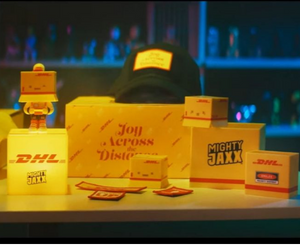
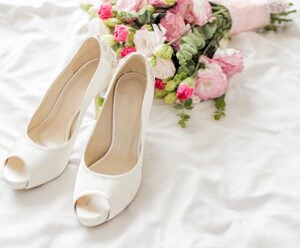
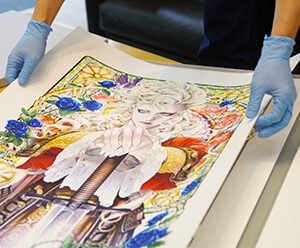


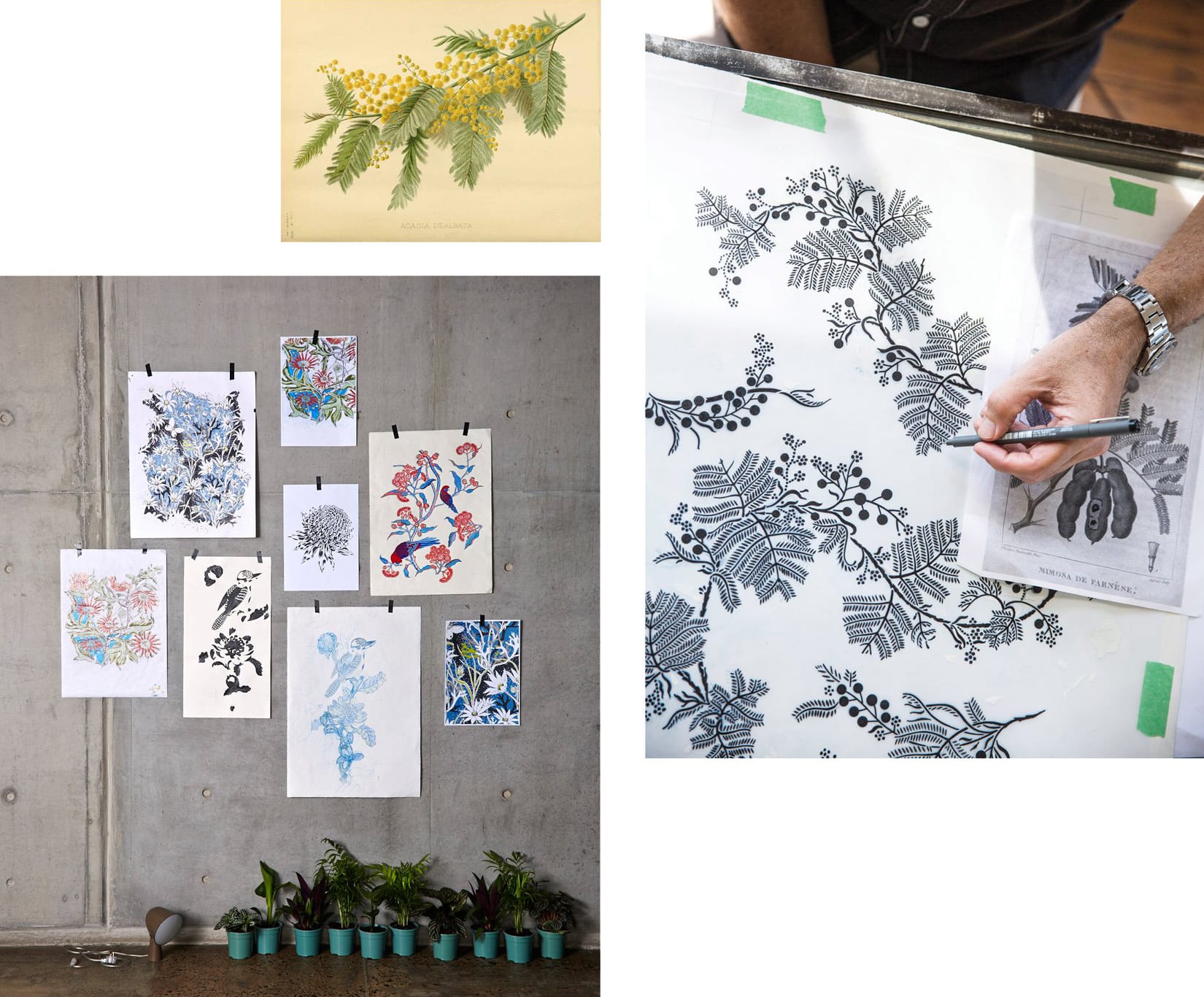
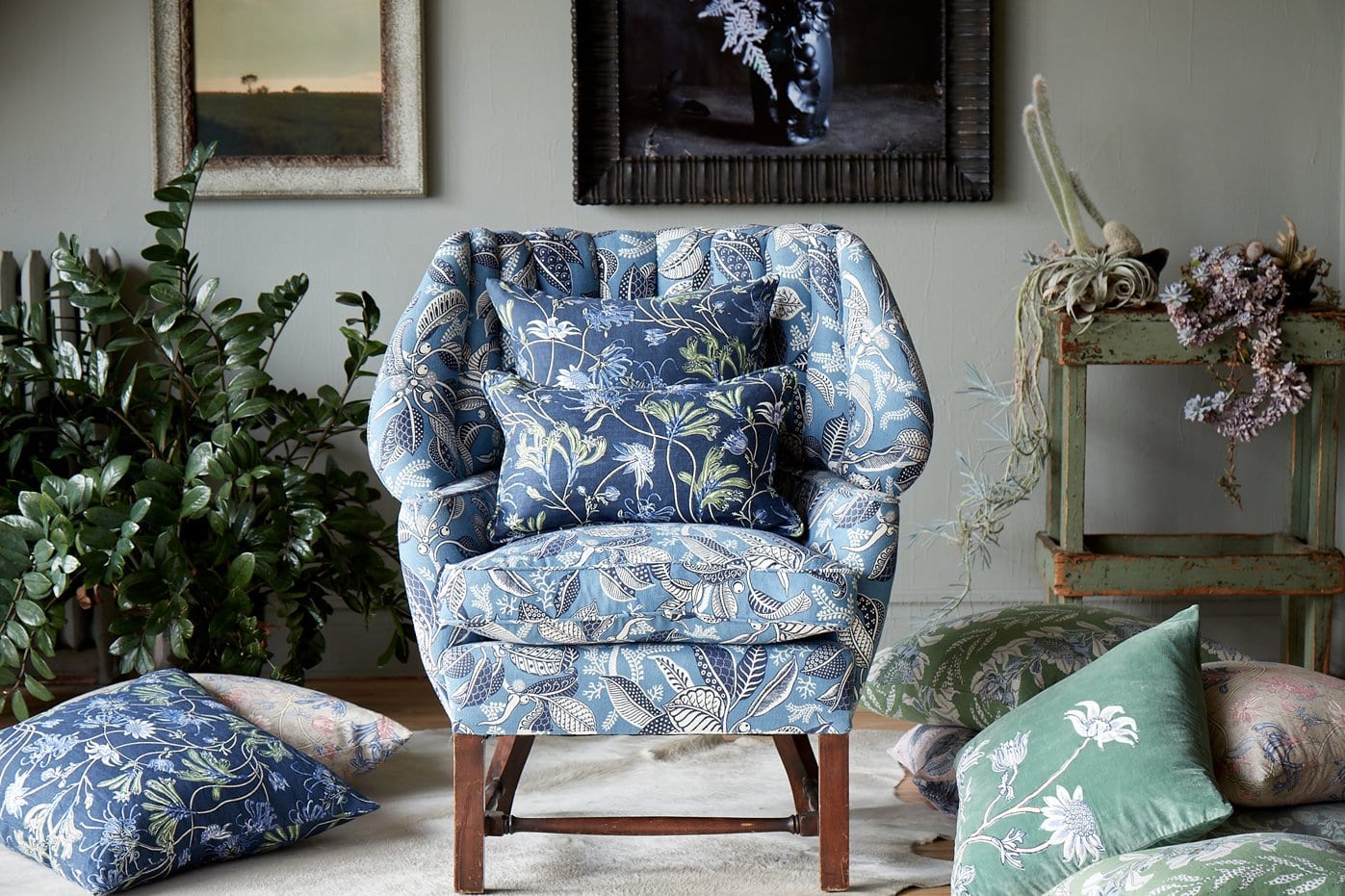
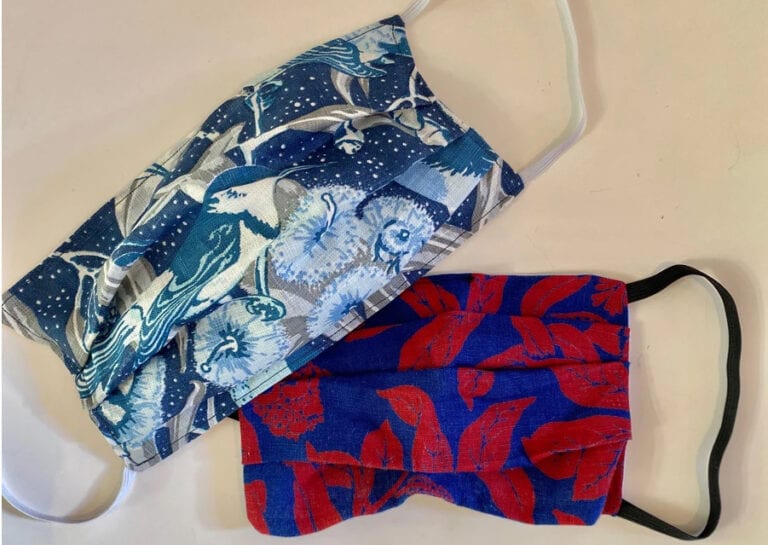



 English
English